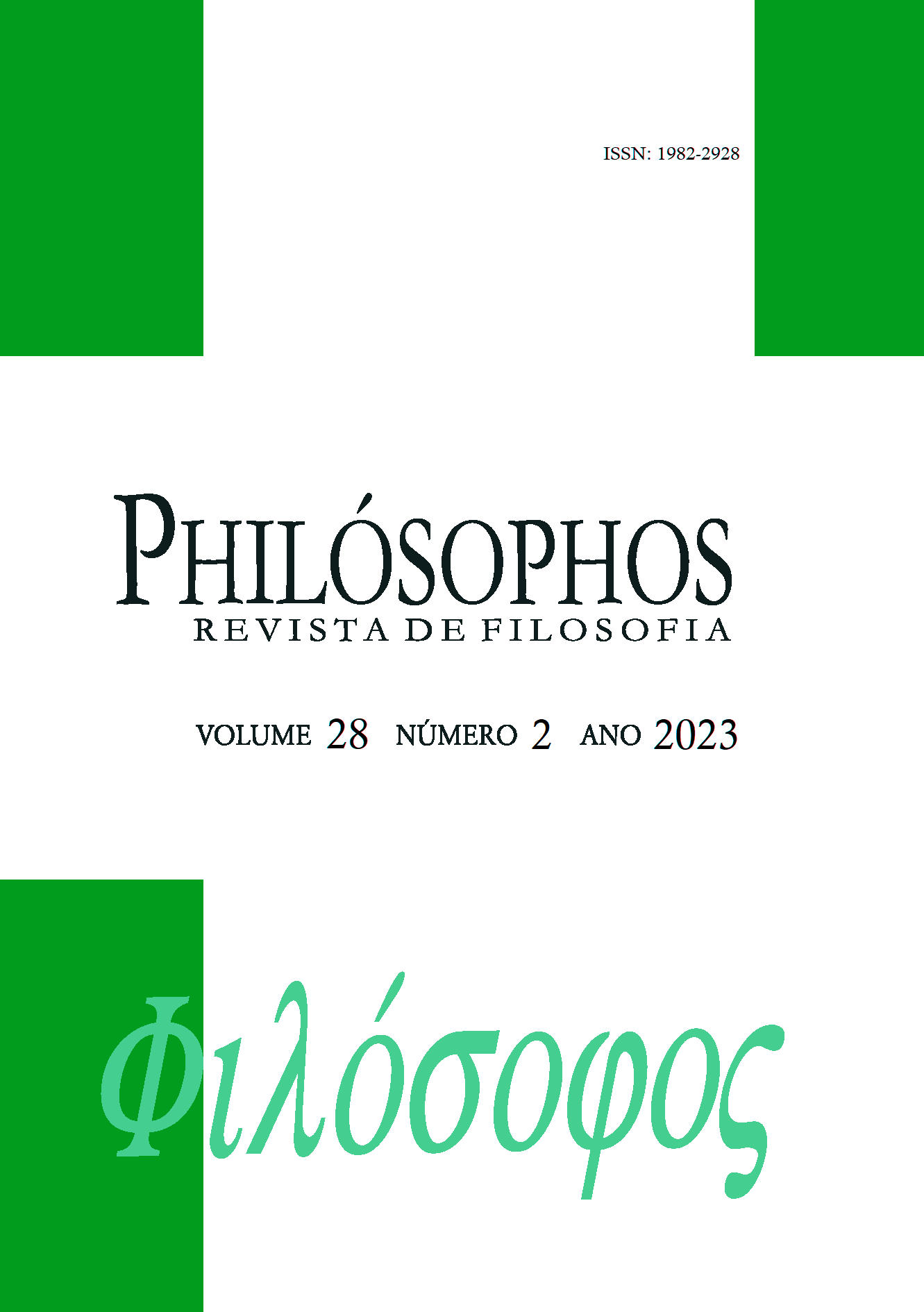Alejandro Cerletti e o ensino de filosofia
DOI:
https://doi.org/10.5216/phi.v28i2.77008Keywords:
Embarcamento. Ensino de Filosofia. Pergunta filosófica. Repetição criativa. Alejandro Cerletti.Abstract
We sought to dialogue with Alejandro Cerletti's The Teaching of Philosophy as a Philosophical Problem to address the question regarding the conditions required for philosophical teaching of philosophy to take place. Cerletti rejects what he refers to as the "philosophical question" and supports his suggestion that philosophy should be taught through creative repetition. The Camusian idea of involuntary engagement, used by the French-Algerian philosopher to define the artist's dedication to their production, is also appropriated to construct this proposal for philosophical teaching of philosophy. The teachers’ dedication to their own philosophy and to the philosophy of their students as they set out on their journey, subsumed under the concept of involuntary engagement, is examined. Finally, it is argued that philosophizing should be understood as creative repetition, as a critique of the philosophical tradition, thus, the teaching of philosophy, beyond pedagogical challenges or issues of method, should be understood as a problem that should be treated philosophically, through critical and creative dialogue with the history of philosophical thought, that is, based the concept of creative repetition.
Downloads
Downloads
Published
How to Cite
Issue
Section
License
Copyright (c) 2023 Philósophos a journal of philosophy

This work is licensed under a Creative Commons Attribution-NonCommercial-NoDerivatives 4.0 International License.
Authors who publish in this journal agree to the following terms:
- Authors retain copyright and grant the journal right of first publication, with the work simultaneously licensed under a Creative Commons Attribution License that allows others to share the work with an acknowledgement of the work's authorship and initial publication in this journal.
- Authors are authorized to enter into separate, additional contractual arrangements for the non-exclusive distribution of the journal's published version of the work (e.g., publishing in an institutional repository or as a book chapter), with an acknowledgement of its authorship and initial publication in this journal.















